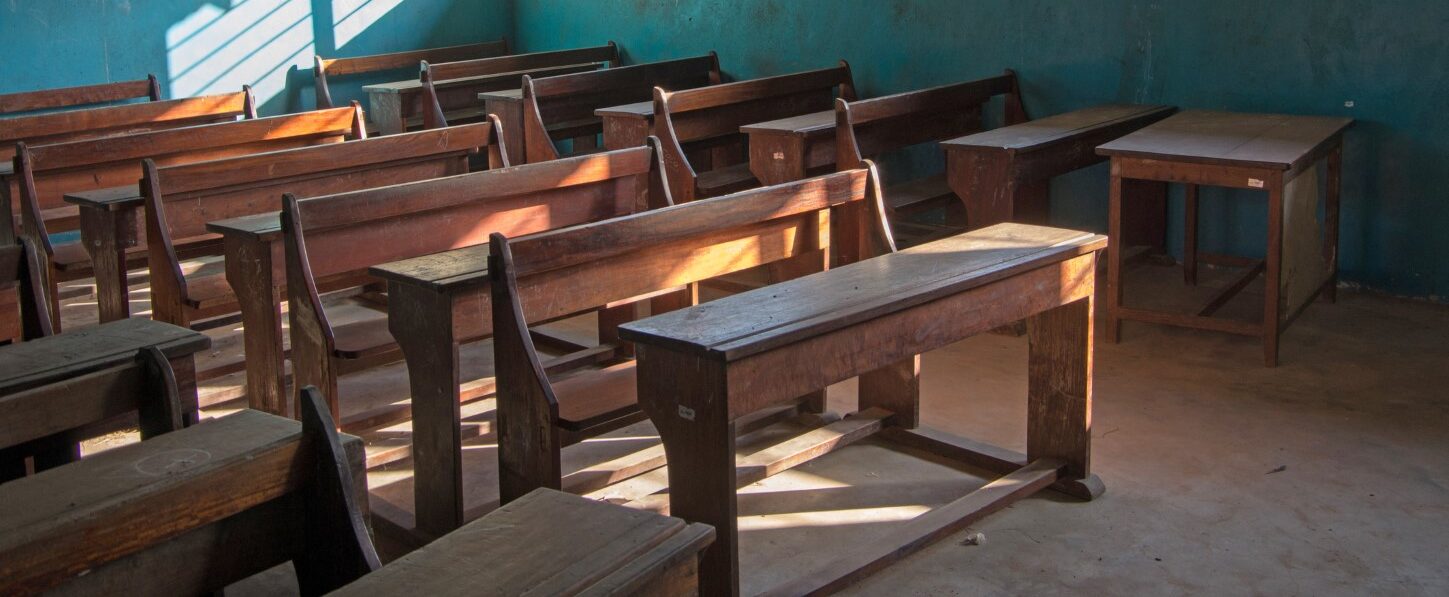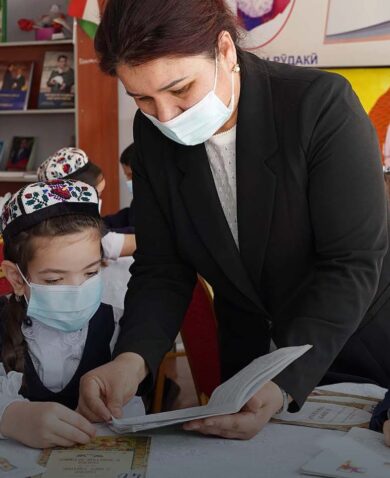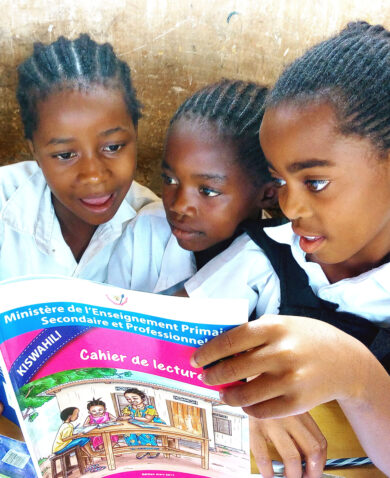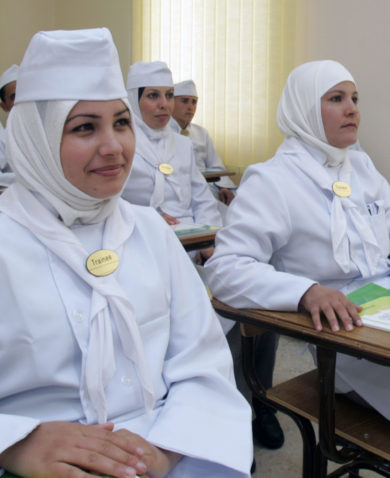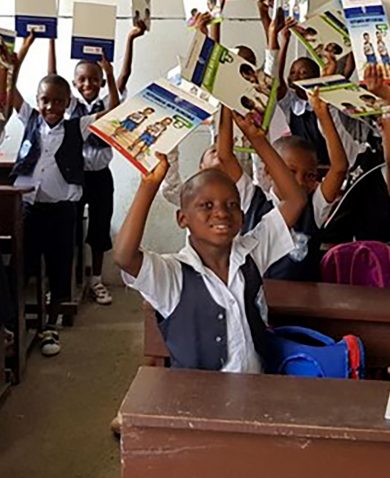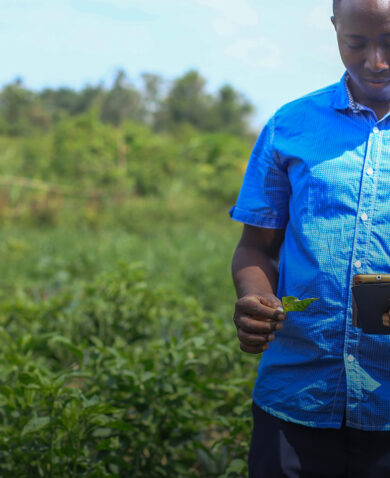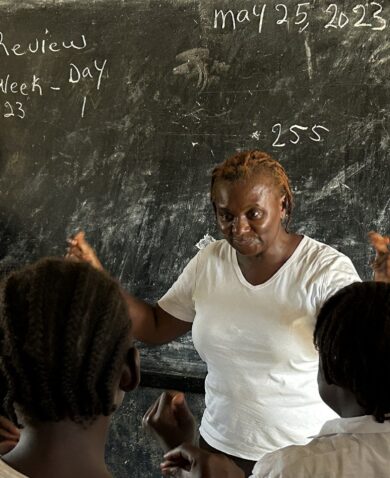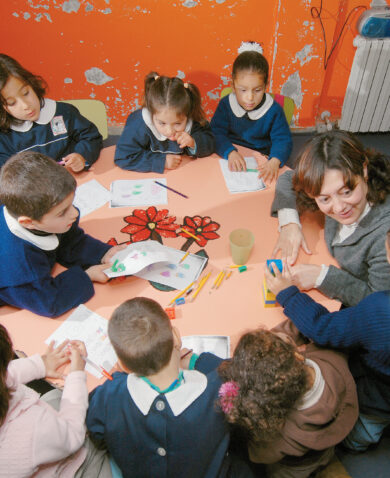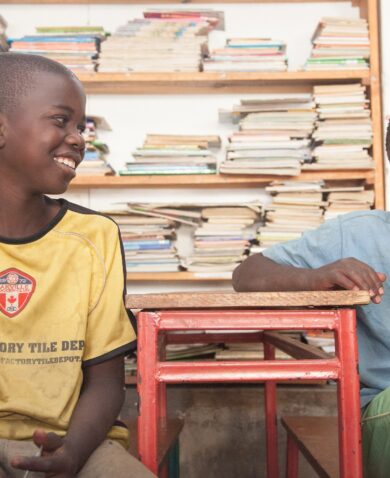Reading for East Africa's Development
USAID has made great strides in improving student learning outcomes in East Africa, particularly in primary school student reading skills. However, much work remains to be done, especially considering learning disruptions due to COVID-19.
With the need to re-engage learners, it is critical to focus on early-grade reading for continued retention, success in future grades, and skills development. Without reading skills, children will be significantly restricted in their educational progress and ability to capitalize on future economic opportunities.
USAID/Kenya and East Africa’s Reading for East Africa’s Development (READ) is an indefinite delivery, indefinite quantity (IDIQ) contract that will support educational development efforts in the Democratic Republic of the Congo, Ethiopia, Kenya, Rwanda, Somalia, South Sudan, Tanzania, and Uganda. The program aims to improve student learning outcomes in basic education and increase access to high-quality basic education as defined by host-country governments. Activities may focus on learners in Grades 1-8, pre-primary levels, and alternative or accelerated education programs in public or non-state schools.
With the READ IDIQ, USAID missions in East Africa can achieve basic education objectives to partner with countries to solve their development challenges and provide a rewarding future for children across the region.

